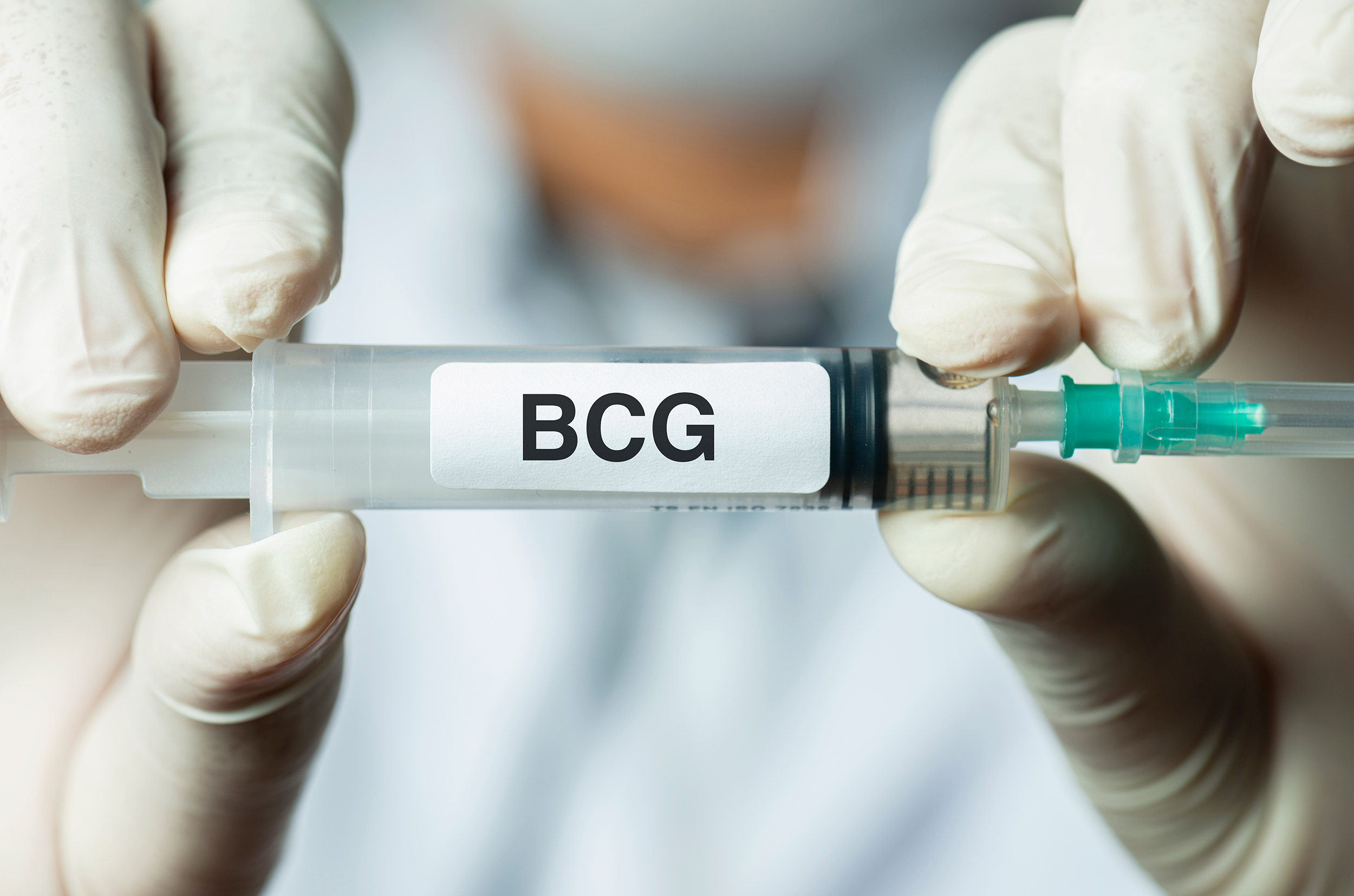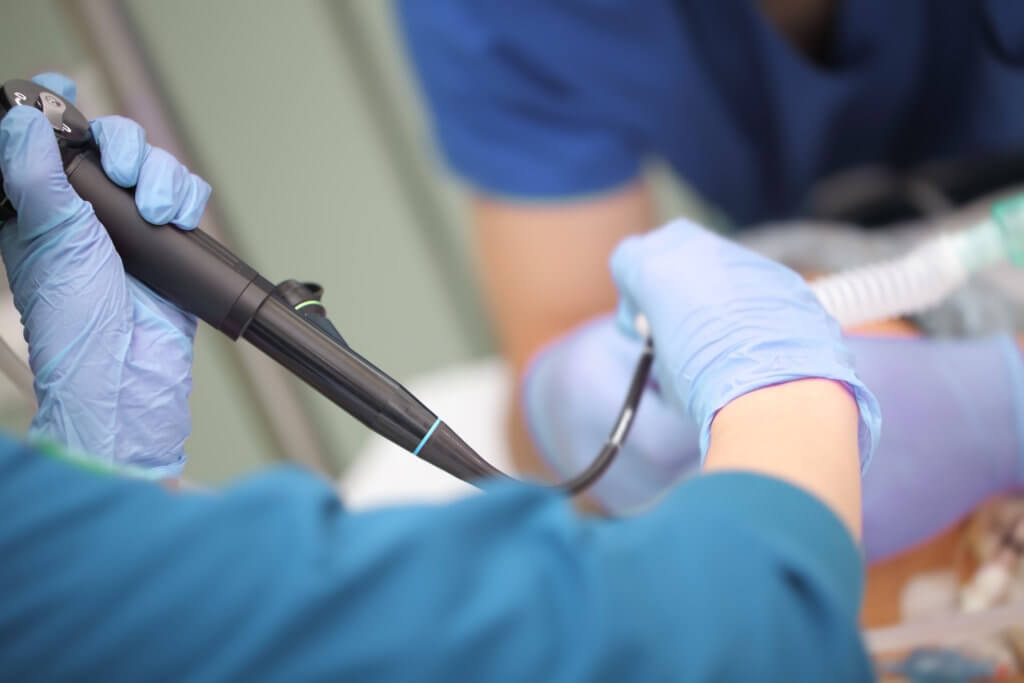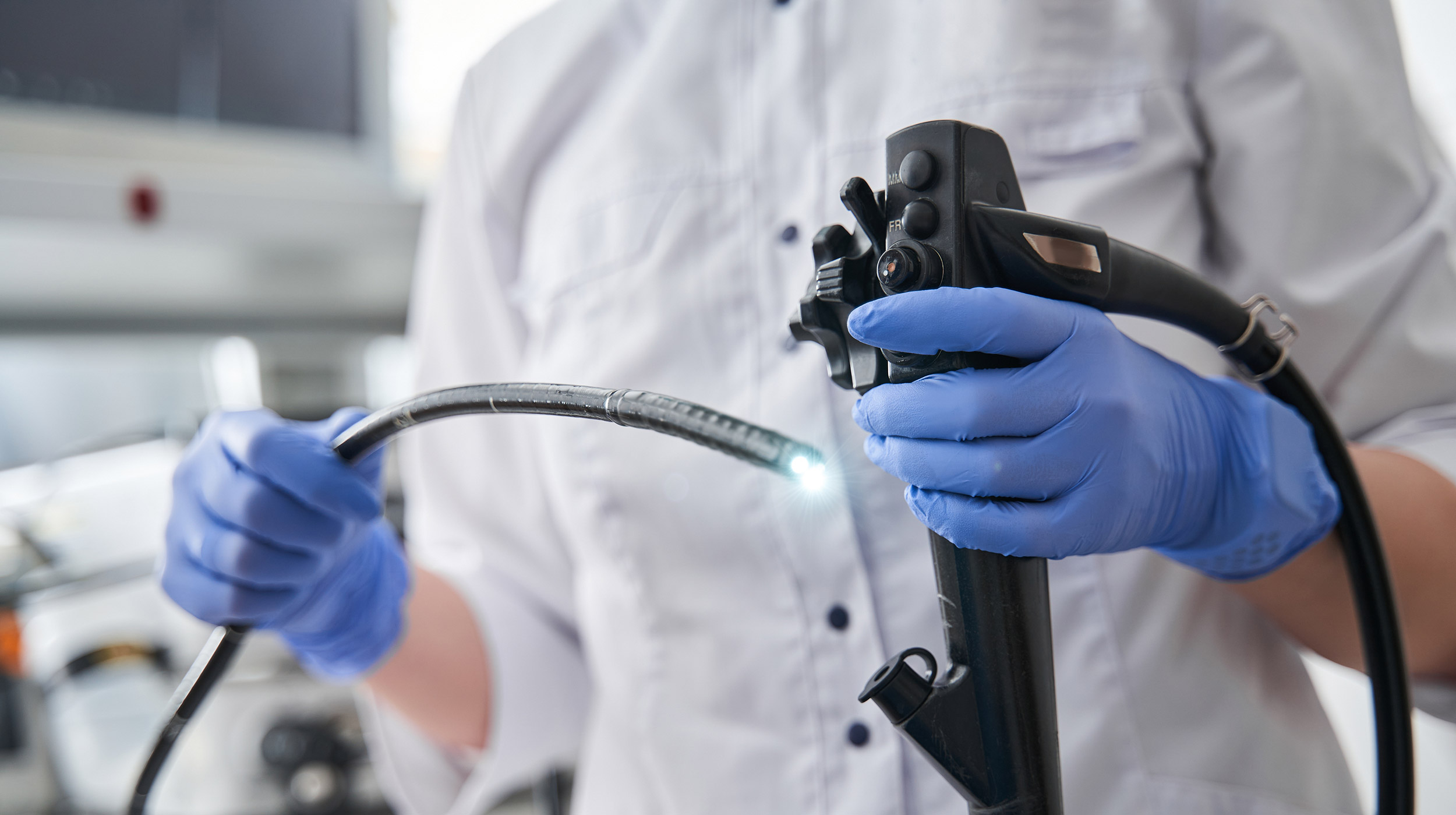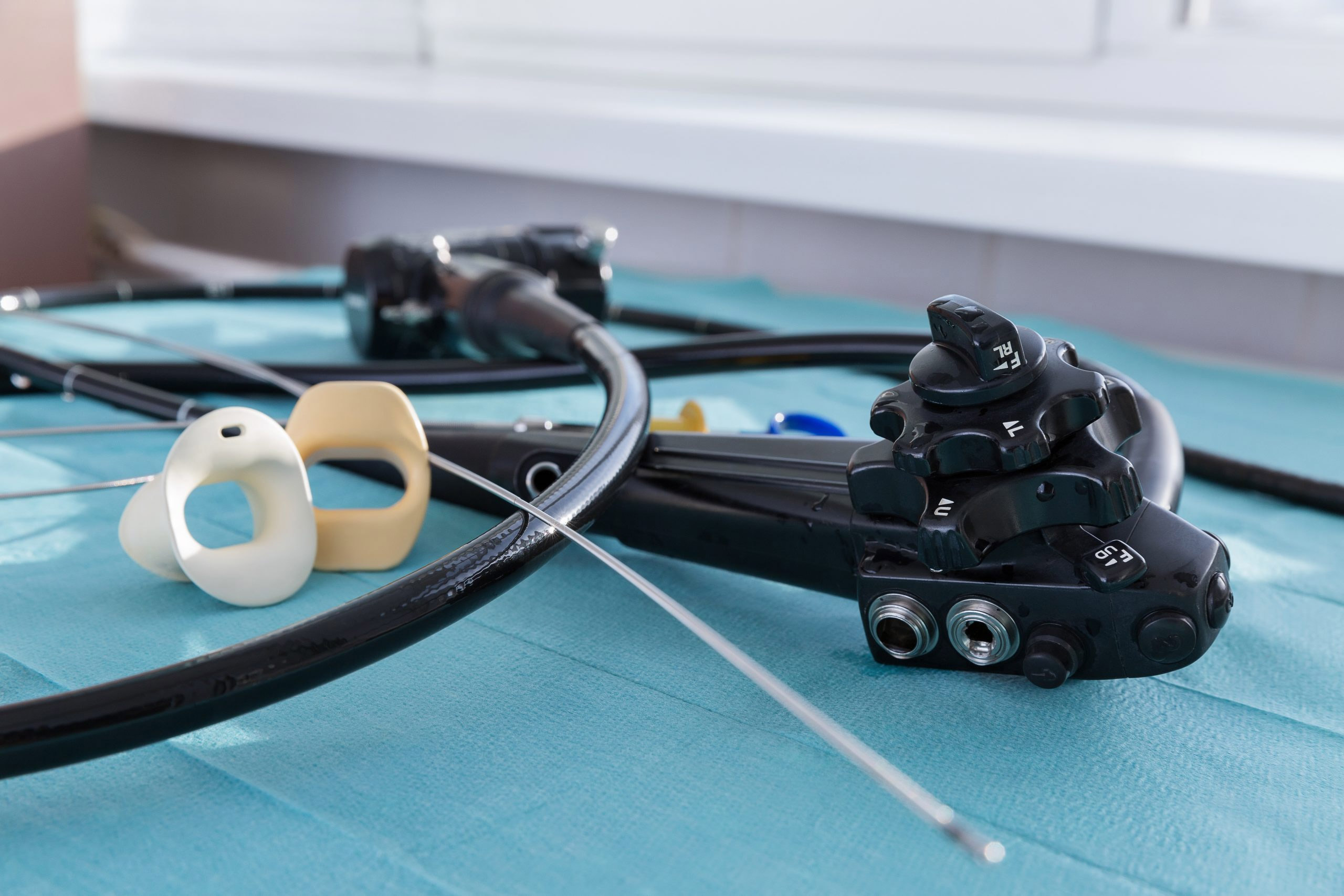
The Bacillus Calmette-Guerin (BCG) vaccine is the most common treatment doctors use to treat patients with non-muscle invasive bladder cancer (NIMBC).
Manufacturing restrictions placed on the production of BCG, predating the emergence of the novel coronavirus — coupled with the slow growth of mycobacteria — have made it difficult to produce BCG and sparked a need to explore alternative bladder cancer treatments.
The restrictions have impacted both production capability and production quality.
How Have BCG Shortages Impacted Access to Treatment?
Merck, the sole supplier of BCG in the U.S., plans to address supply shortages by starting construction on a second BCG production facility this year to help increase supply, but it will take several years to complete the project, according to the American Urological Association.
Dr. Sam Chang, a chief surgical officer with Vanderbilt-Ingram Cancer Center in Nashville, Tennessee, discussed how BCG shortages have impacted access to treatment in a recent Urology Times interview.
"There are individuals within the same city (who) may have access to BCG, and (who) may not," he said. "It has affected patients in a sporadic fashion, where there hasn't been a clear source of, ‘OK, everybody's going to have a shortage. In fact, it is somewhat haphazard.’"
Currently, medical facilities have limited access to BCG, impacting the quality of patient care for the foreseeable future. In those parts of the country where access to strains of BCG is limited, patient treatment regimens have emphasized proper use and rationing, Chang said.
Innovative Bladder Cancer Treatments Are on The Rise
In August 2021, Keytruda, a type of immunotherapy, became the first treatment approved by the U.S. Food and Drug Administration in several years that's immediately available to help treat patients with frontline bladder cancer.
Keytruda is given to patients intravenously every six weeks. Forty percent of those patients who initially rejected BCG and then participated in the Keytruda trials started seeing positive results within about three months after beginning treatment after their bodies had initially rejected the BCG vaccine, according to Chang.
With Keytruda still in its infancy, other researchers are conducting trials of their own, which include blending a combination of BCG in smaller amounts or for shorter durations, with a systematic immunotherapy agent that generates a more significant response, says Chang.
Other experimental therapies such as nadofaragene and vicineum are in production and have shown potential but have so far failed to meet FDA standards, said Chang.
BCG will always be the bladder cancer treatment standard that new treatments will be challenged to meet. New trials are being conducted every day, with many implementing the use of BCG. What’s needed now, according to Chang, is a set of comparative trials demonstrating an alternative treatment that is considered effective and most often used in addition to BCG to treat bladder cancer.


